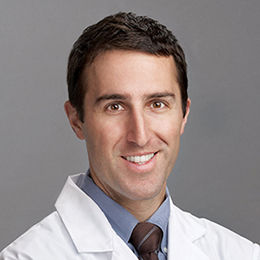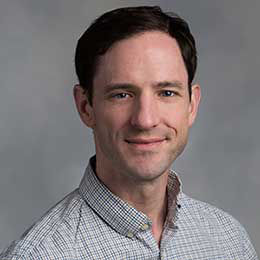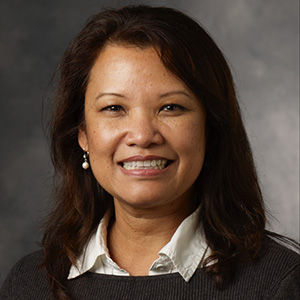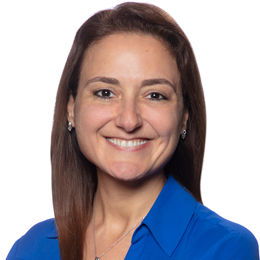
If your child is diagnosed with a tumor, you want one of the best care teams managing his or her treatment. At Stanford Medicine Children’s Health, our highly skilled experts lead a comprehensive care team that provides the latest treatment for benign (noncancerous) or malignant (cancerous) bone and soft tissue tumors.
Our Bone & Soft Tissue Tumors Program brings together a team of physicians and experts, so your child will benefit from coordinated care across a range of specialties, including oncology, radiation oncology, radiology, and pathology.
Benign (noncancerous) tumor treatment
If your child’s bone or soft tissue tumor is benign, or noncancerous, our team of nationally recognized pediatric orthopedic surgeons will treat it safely and effectively. The most common types of benign bone tumors include osteoblastoma, osteoid osteoma, and chondroblastoma.
We provide access to advanced techniques that are unavailable at most U.S. hospitals. For example, we are a pioneer in the use of PET/MRI imaging, which combines two types of images to provide more accurate diagnostic information and treatment options while reducing radiation exposure. We’re also a leader in using high-intensity focused ultrasound, which can remove some tumors without surgery or radiation. Our team is researching new ways to attack tumors with less disruption to the rest of the body.
We offer all the latest surgical procedures and treatments, including:
- Minimally invasive surgery.
- Complex bone grafting to replace bone that is lost when removing a tumor.
- Procedures designed to remove a tumor while saving the affected limb or joint.
- Customized implants, built with 3-D modeling to be a perfect fit for any part of a bone lost during surgery.
- Prostheses that “grow” with your child.
- Advanced implants such as compress technology.
- Rotationplasty, in which the ankle joint replaces the knee joint if amputation is needed.
Malignant (cancerous) sarcoma treatment
If your child has a sarcoma—a malignant or cancerous bone or soft tissue tumor—he or she will be treated by a team of specialists, including oncologists who will treat the tumor with chemotherapy and/or radiation and orthopedic surgeons who may remove the tumor. Some of the most common types of sarcoma in children include Ewing sarcoma, osteosarcoma, and rhabdomyosarcoma. Our team has experience treating these and the dozens of rarer types of sarcoma in children.
We offer innovative clinical trials to treat sarcoma, and our physicians have experience leading trials and developing effective new treatments that are now used around the world. Our physicians continually research ways to improve outcomes and bring them to our patients.
We are part of the Stanford Cancer Institute, which was designated a Comprehensive Cancer Center by the National Cancer Institute, and our team works with several worldwide groups dedicated to advancing treatments and serving patients with tumors and their families, including the Children’s Oncology Group, the Musculoskeletal Tumor Society, and the Connective Tissue Oncology Society.
















Connect with us:
Download our App: